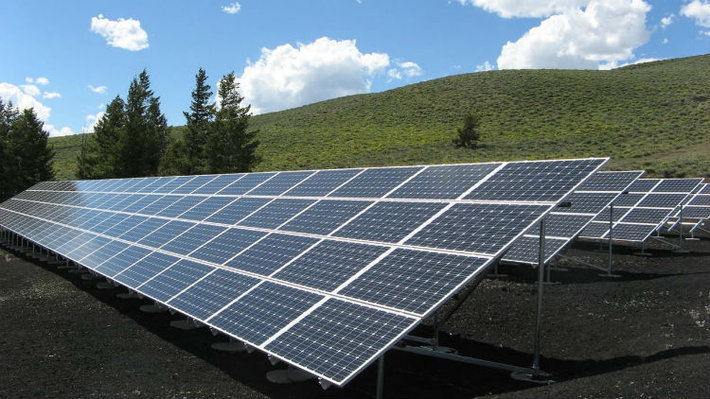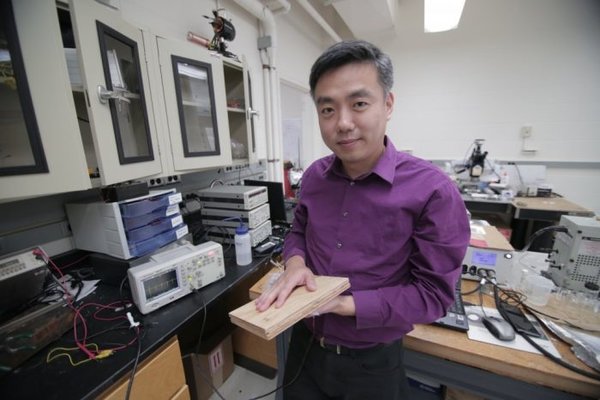Despite our increasing usage of renewable energy, there are still some big hurdles to achieving sustainability. The most recent challenge, which underlines the need for increased investment in renewables, comes in the form of storing renewable energy for later use. Most of us became familiar with the concept of cryogenic storage in the Sci-Fi movies and comic books we enjoyed as kids. While this actually deals with the preservation of usable electricity instead of human bodies, the idea is very much the same. Thanks to some recent breakthroughs, scientists have found that we can freeze energy via liquid nitrogen or liquid air. A process that works by collecting the heat dissipation that occurs by exposing incoming electricity to extremely low temperatures, cryogenic energy storage is an attractive option on account of its relatively low cost and its smaller physical storage requirements.
Continue reading... →Flooring can be made from any number of sustainable materials, making it, generally, an eco-friendly feature in homes and businesses alike. Now, however, flooring could be even more “green,” thanks to an inexpensive, simple method developed by University of Wisconsin–Madison materials engineers that allows them to convert footsteps into usable electricity. Wood pulp, which is already a common component of flooring, is partly made of cellulose nanofibers. They’re tiny fibers that, when chemically treated, produce an electrical charge when they come into contact with untreated nanofibers.
Continue reading... →
